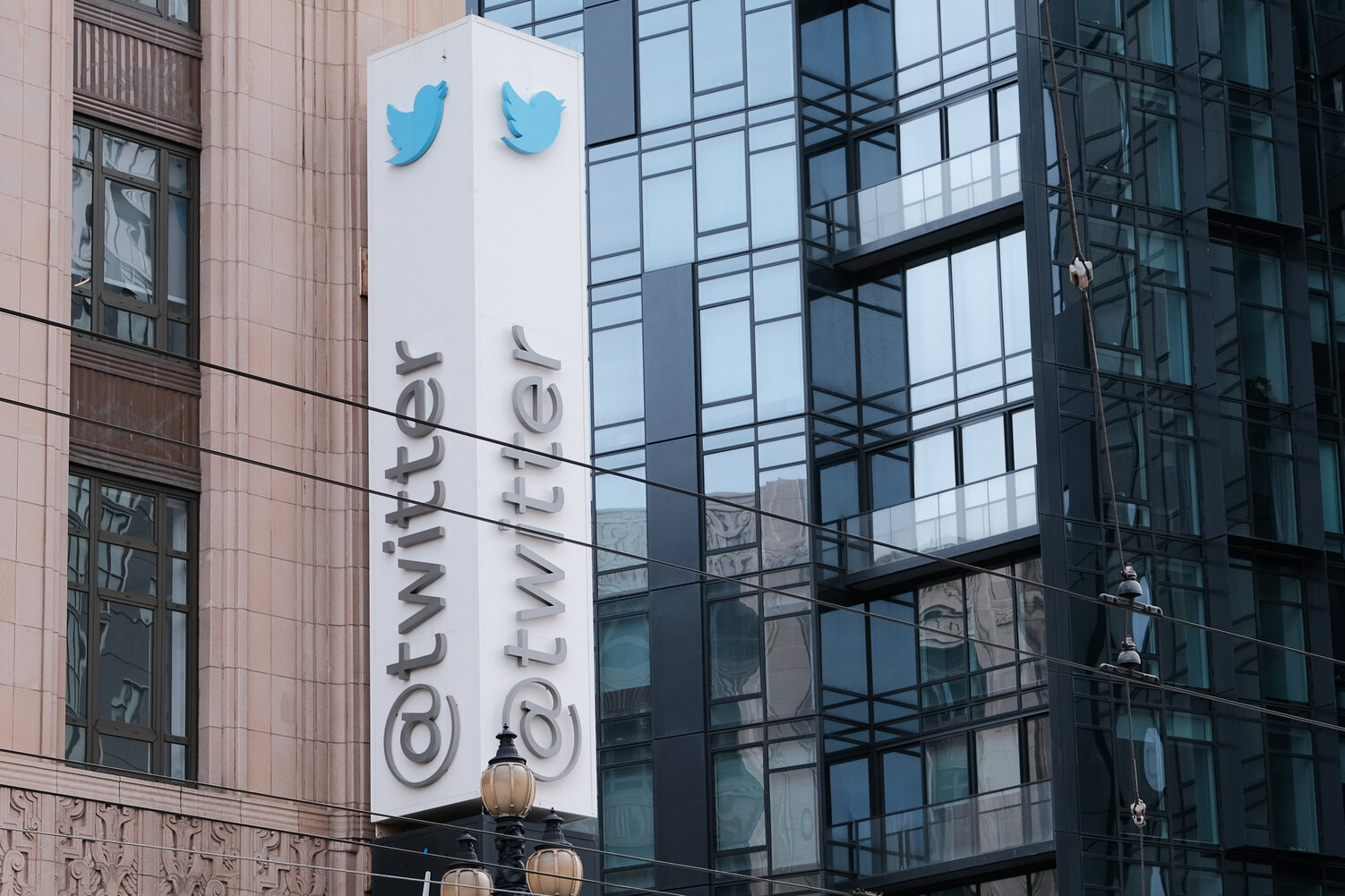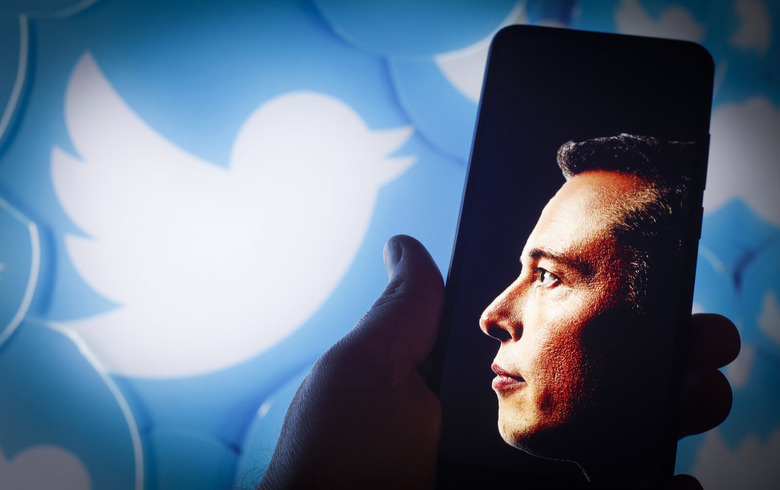Twitter Had Tons Of Problems Long Before Elon Got There
We may receive a commission on purchases made from links.
I've been re-reading Hatching Twitter, Nick Bilton's juicy, page-turner of an origin story about the company that's now in the hands of Elon Musk, and one thing that grabs you from the first few chapters is the degree to which some of the same problems it's facing now have been dogging the company pretty much from day one.
No, this is not going to be an absolution of the Burnt Hair salesman who's spent his early days in charge of Twitter by manically laying off thousands of workers, demanding code freezes, brainstorming about Twitter while using Twitter, and generally flailing so far in search of a financially sustainable path forward. In point of fact, though, a version of this same thing has been part of Twitter's DNA since it was a mere side hustle cobbled together by employees working for a failed podcasting startup.
Elon can't break Twitter, because it was already broken
Before Twitter was even a fully formed ... well, thing, for example, there's a great scene early on in Hatching Twitter where Jack Dorsey and Ev Williams can't even agree on what their new Twitter service is. Or what it ought to be.

Twitter headquarters stands on Market Street on November 4, 2022, in San Francisco, California.
To one of the future Twitter CEOs, it seemed like a broadcast tool, while to the other it was obviously a real-time information network. Granted, the identity of something can certainly have multiple layers, but when the founders can't even agree on something simple like that at the beginning — is it any wonder that a bombastic billionaire who swooped in to buy the company 16 years later seems to be having similar trouble around Twitter's identity and on deciding the right path for it?
Advertisers are scared to death of what Elon is doing right now, no question. In truth, though, advertising has always been a mess on the platform. I can't tell you, for example, a single useful advertisement I've ever seen on the service. As I actually scroll through the app right at this moment, notwithstanding how much Twitter knows about me and my interests, the first ad message I've just come across is a promoted post for a sketchy-sounding company that 3D-prints food.
And oh, look — here's another ad for a movie I've never heard of that will be in theaters next week (and which I have no interest in seeing). Another promoted post from Southwest Airlines that includes corporate-speak about how great a low-cost carrier they are. And another from Bayer about food deserts.
Obviously, I do not care about any of that. What I do care about is seeing the things I want to see, not the things that you think I want to see. Nor the things that random companies have paid for me to see. If you're going to bother with the latter at all, at least squeeze a tiny dose of relevance into the mix. If not, what's the point?
Twitter is not a 'global town square' - and it never will be
Like the billionaires who held the keys to the kingdom before him, meanwhile, Elon has also been preaching that same nice-sounding but ultimately ridiculous gospel about Twitter being some kind of global town square.
The point being, that's why the company and service are so important. Sort of like the spacey-sounding high-minded talk from Twitter's dippy early leadership about the app "democratizing" speech and putting common users on par with celebs and such.
Don't get me wrong: The digital global town square that glassy-eyed Twitter Kool-Aid drinkers like Elon describe so often does, indeed, already exist — in the form of the ... actual internet. If Twitter dies tomorrow, guess what? You'll still be able to mail, message, read, buy, and communicate whatever you want, generally however you want. You can share whatever half-baked political rant you like, across a number of different digital forums, or meet new people, and all sorts of additional things you'd expect to be able to do in the kind of public forum that people claim Twitter is.
The fact of the matter, though, is that farting out a tweet that maybe seven out of Twitter's 206 million or so daily active users will see is not a town square. It's yelling into a deserted valley from the top of a cliff.
Unless, that is, you're already a real-life VIP outside of Twitter. Those are the only media types crowing about how great Twitter is, the ones who work at The New York Times and the like. Everyone else in this business — which is to say, in the real world — knows that Twitter steers as much traffic to your site as you'd get from every customer mindlessly perusing your content on a busy night at the Olive Garden. An app like Flipboard drives exponentially more traffic, but it's not owned by a billionaire who once sang "don't doubt your vibe" on an EDM track he released.
if you log off of Twitter and go outside, you'll find out that most people are not fighting about Elon or discussing the FTX collapse
— Aubrey Strobel (@aubreystrobel) November 11, 2022
The fact remains, though, that here we all are. Living in a world changed in profound ways by rich Silicon Valley businessmen who decided in the early 2000s that it would be a de facto good to try and connect as many people as possible, and to then try and Frankenstein a business model onto that dynamic at a later date.
That's another way of pontificating: Twitter was screwed from the get-go. And now, all this time later, 89% of Twitter employees who've left responses on the anonymous workplace app Blind have said they think the company will actually fail under Musk. It's like the man himself tweeted, the first day he walked into Twitter HQ as the owner, "Let that sink in."
